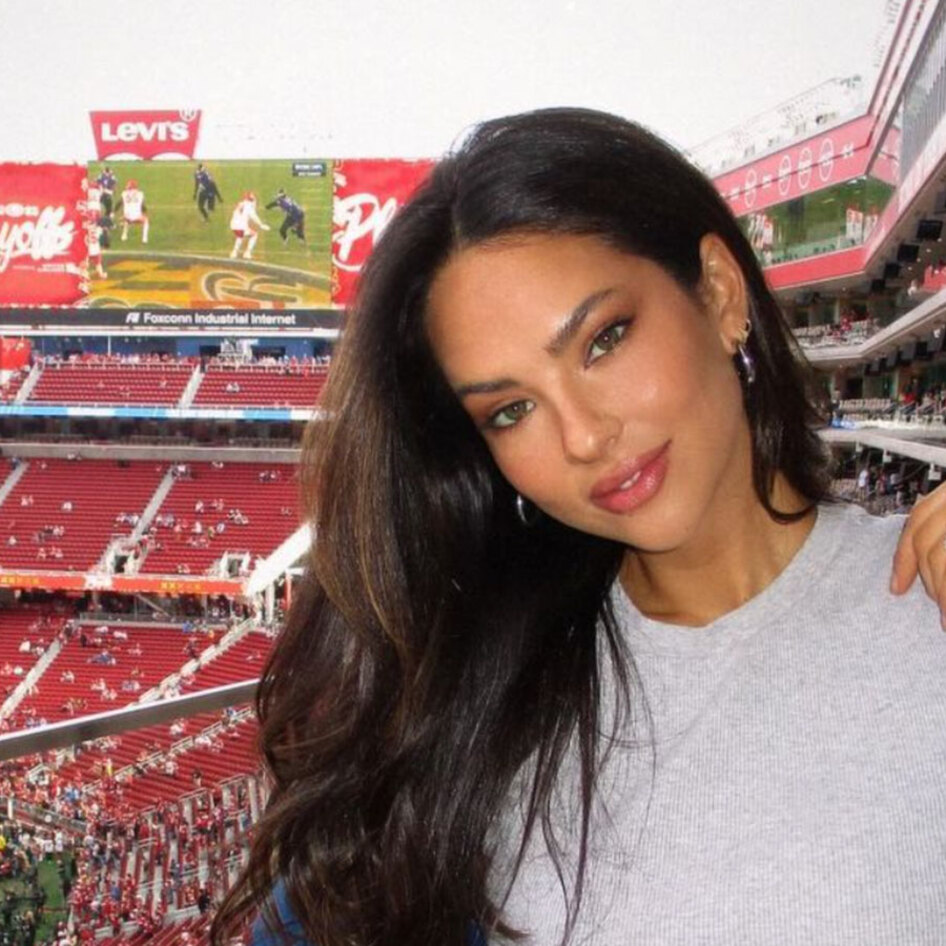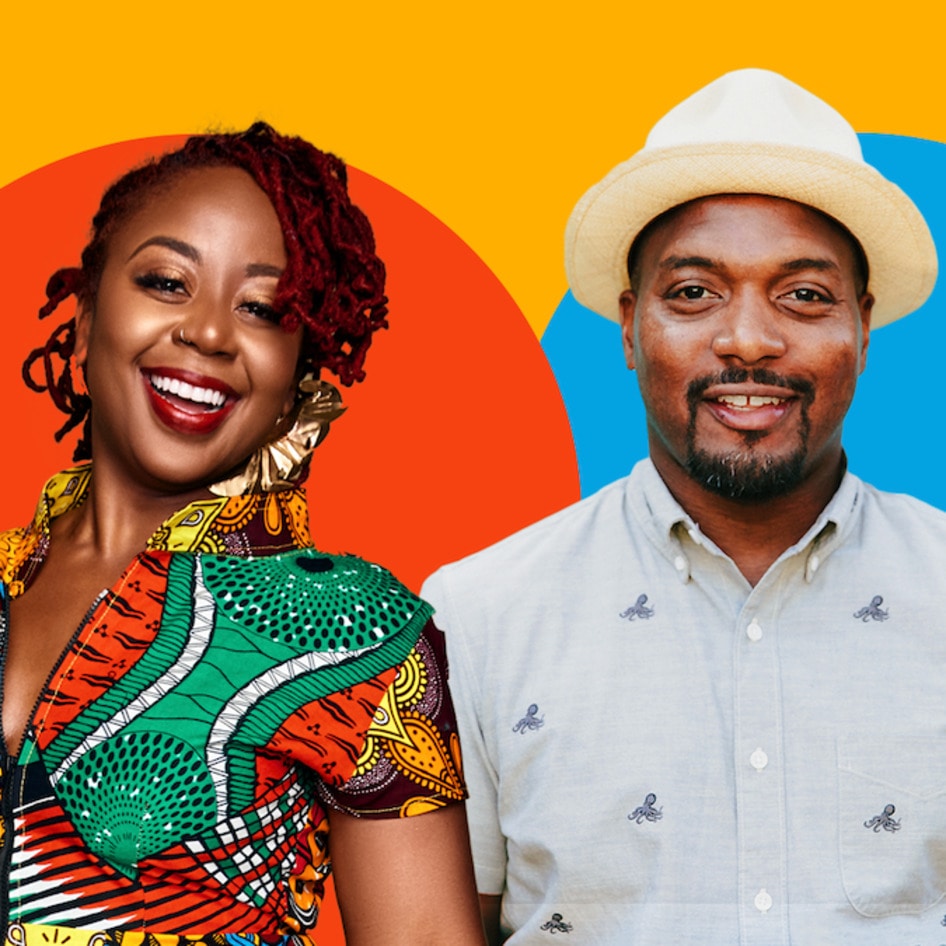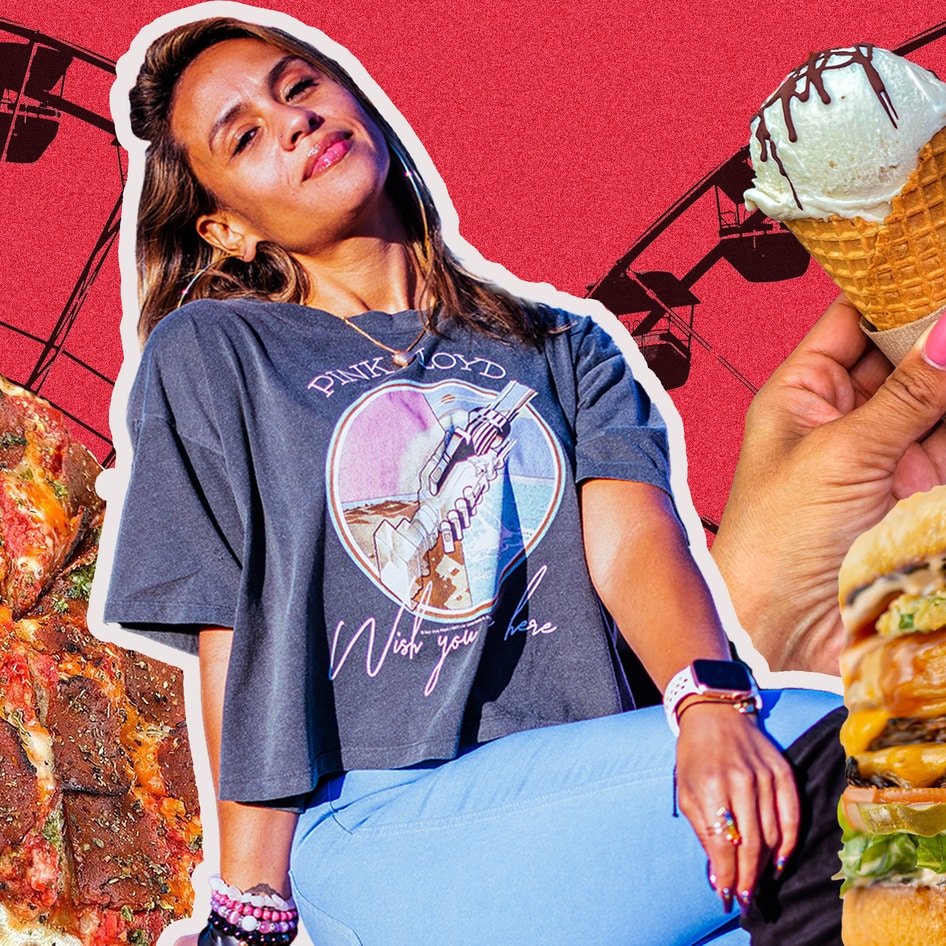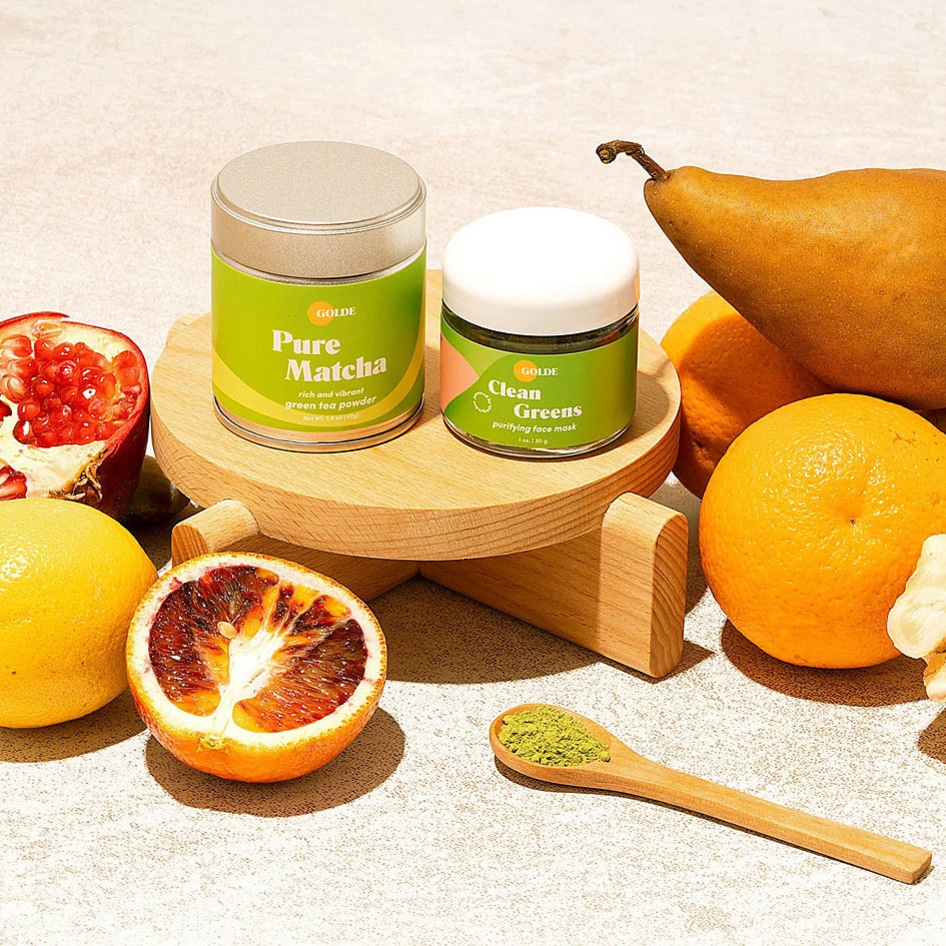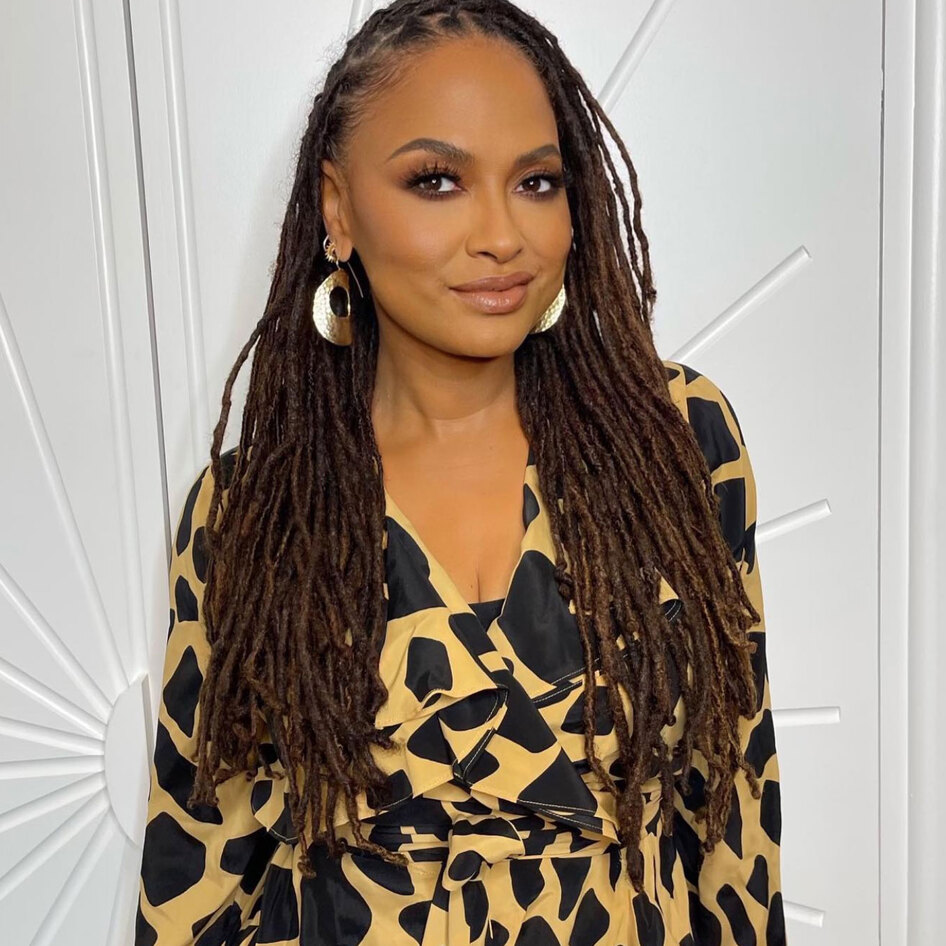Vegan Women of Color Break New Ground
Vegan women of color around the country are on a mission to prove just how connected animal welfare is to gender, race, and class issues.
April 23, 2012
Like many of the countercultural, socio-political movements that preceded it—in the US, the second wave of feminism and the student-led anti-Vietnam War movement come to mind—veganism has been represented as a predominately white phenomenon. As one Philadelphia Inquirer writer put it in a February 2012 article, “I’ve been told, straight-faced, that ‘black vegans’ are nonexistent, since the ‘veggie’ thing is just spoiled white college kids acting out.” Media over-exposure of the movement’s key white figures has further perpetuated this illusion, rendering vegans of color virtually invisible in our cultural landscape.
However, mainstream media outlets are slowly starting to take note of the rich diversity already present within this multifaceted movement. Earlier this year, the Philadelphia Inquirer published the aforementioned article, titled “African Americans are Indeed in the Vegan Mix,” just weeks before BET ran a story reminding its audience that “Black People Are Vegan, Too!” Oakland, CA-based vegan chef and eco-activist Bryant Terry, whose work centers on revitalizing the African American tradition of eating home-grown, plant-based foods, received widespread media coverage in outlets such as The Huffington Post, NPR, and O, The Oprah Magazine after his latest book, The Inspired Vegan, hit the shelves. Likewise, vegan lifestyle guru Latham Thomas, founder of Tender Shoots Wellness and MamaGlow, has been featured on programs such as The Dr. Oz Show and Inside Edition. The presence of these and other vegan advocates has increased mainstream awareness of inextricably intertwined issues such as race, food, health, and ethics.
Gender, too, is tied to vegan identity, due to the subtly (or sometimes not-so-subtly) ways in which various foods are associated with masculinity and femininity. Remember when Tea-Partier Herman Cain told GQ that vegetable pizza is “sissy”?—a sentiment echoed in fellow men’s magazine Esquire, whose beer-soaked Eat Like a Man food blog was repackaged as a meat-laden cookbook last year. Let’s not forget the veritable sausage fests broadcast on TV sets throughout the country as meat companies and fast-food joints peddle products to consumers. Needless to say, the feminization of the plant-based diet is hardly a new topic, but one that has seldom been analyzed with race, class, sexual orientation, and other social-justice issues in mind—at least not in mainstream publications. But the world of veganism is rich with women of color who, acutely aware of the ways in which systems of oppression impact their daily lives, are combining animal-welfare advocacy with other forms of activism in an effort to prove that no issue stands alone.
Creating Community
When black feminist scholar A. Breeze Harper first read Sacred Woman by Queen Afua, a pioneering figure in the Afrikan Holistic Health movement, she ditched meat and dairy for good within a few days. Her newly adopted vegan diet, guided by Queen Afua’s emphasis on raw foods, was a far cry from the one she had maintained as an Dartmouth undergraduate, when she turned to cheeseburgers and other animal-product-laden foods to cope with what she felt was the university’s oppressive environment. Unlike her prior perception of veganism, which she associated with her obliviously disrespectful Dartmouth classmates, Queen Afua’s version offered a framework she could relate to—one that was seeped in the customs of her African ancestors.
As she continued to embrace her dietary choice, Harper felt increasingly alienated as a woman of color in the vegan community. Ever proactive, she took to online forums to see if other vegan women felt the same: It turned out they did. Her call for essays about the black, female vegan experience led to 30 enthusiastic responses, covering everything from nutrition to hair care. Harper compiled these papers into Sistah Vegan, the first book to deconstruct the politics of veganism from a black feminist perspective.
Sistah Vegan Project, an online continuation of the book, borrows from Queen Afua’s philosophies, but takes into account the complexity of identity. “I created the Sistah Vegan Project for women of African descent who may have benefited from some aspects of the Afrikan Holistic Health community, but feel marginalized because they don’t fit into that community’s rubric of what a true black female should be—straight, partnered with a black male, and not engaging in feminism,” Harper says. “It looks at how race operates in veganism through the experiences of black female subjects. But it’s not just looking at race, because race doesn’t exist in a vacuum—it’s influenced by all these different factors such as age, class, region, and sexual orientation.” What has emerged from Harper’s work is a comprehensive, all-inclusive community that uses academic theory as well as lived experience to understand and combat intersecting forms of oppression—such as speciesism, sexism, racism, homophobia, and classism—all of which remain bound together as long as the others exist.
Food: The Common Ground
While Harper focuses on the politics of food from a black feminist and Afrikan Holistic Health perspective, Food Empowerment Project founder Lauren Ornelas approaches veganism from an equally multifaceted framework: One that supports animal welfare while also engaging with various social-justice projects. Her organization, which works to expose the inequalities inherent in our food-production systems, was launched in an effort to address the interrelated issues she discovered during her lengthy career as an animal-welfare activist. “I saw that all of the issues I cared so passionately about were all connected by food: animals, farm workers, corporate exploitation, the environment, immigration,” she says. “As much as I have dedicated every aspect of my life to veganism, I have found it to be impossible to just focus on that one issue.”
Food Empowerment Project’s central campaigns include exploring notions of “food deserts” and investigating the horrors of the cacao industry. These projects aim to demonstrate how even well-meaning vegans (as well as omnivores) are implicated in unjust practices when it comes to food. “How can we say vegan chocolate is cruelty-free just because it doesn’t contain animal products? If it comes from the blood and sweat of slaves in West Africa —children, no less—it’s certainly not cruelty-free,” she says.
The Impact of Uniting Issues
Harper and Ornelas’ backgrounds and approaches may differ, but the two agree that sometimes the harshest critics of their work are fellow vegans who, rather than viewing their efforts as an attempt at dismantling oppression for the benefit of all beings, feel they are being divisive and detracting from ethical veganism’s ultimate goal: to end the suffering of animals. Harper describes being met with disapproval during her search for Sistah Vegan contributors. “The moderator had posted what I was looking for and five or six white-identified vegans were so upset that I was looking at race and gender,” Harper says. “They made it clear that they thought race and gender had nothing to do with animal rights or veganism, that I was playing the race card, and they proceeded to basically bash the idea.” It’s an experience Ornelas shares. “It seems that some vegans don’t quite see the value of what we are doing when it comes to the big picture,” she says. “Since we don’t only talk about the suffering of animals in food production, but we also talk about the workers and slave labor, some people seem hesitant to give us as much support.”
Still, both women have found that many vegans have been highly receptive to their approach to the cause, and understand that discussions about these issues are relevant to the vegan movement. In fact, one could argue that projects such as Harper and Ornelas actually attract more people to the cause because they enable members of marginalized groups to learn about a diet from which they may have felt excluded in the absence of these resources. Ornelas says women of color in particular have been appreciative of her message and, according to Harper, Sistah Vegan and its offshoot projects have been successful in reaching out to people of diverse backgrounds, regardless of how they have been received by critics. “I get emails or, if I do a talk, I’ll get people coming up to me—usually people of African descent—saying, ‘I always thought veganism had nothing to do with my experience as a person of color. You offered it to me in a way that I had never seen it before, and now I’m seeing all the connections.’”
JUMP TO ... Latest News | Recipes | Guides | Health | Shop
Photo: Latham Thomas in Experience Life

